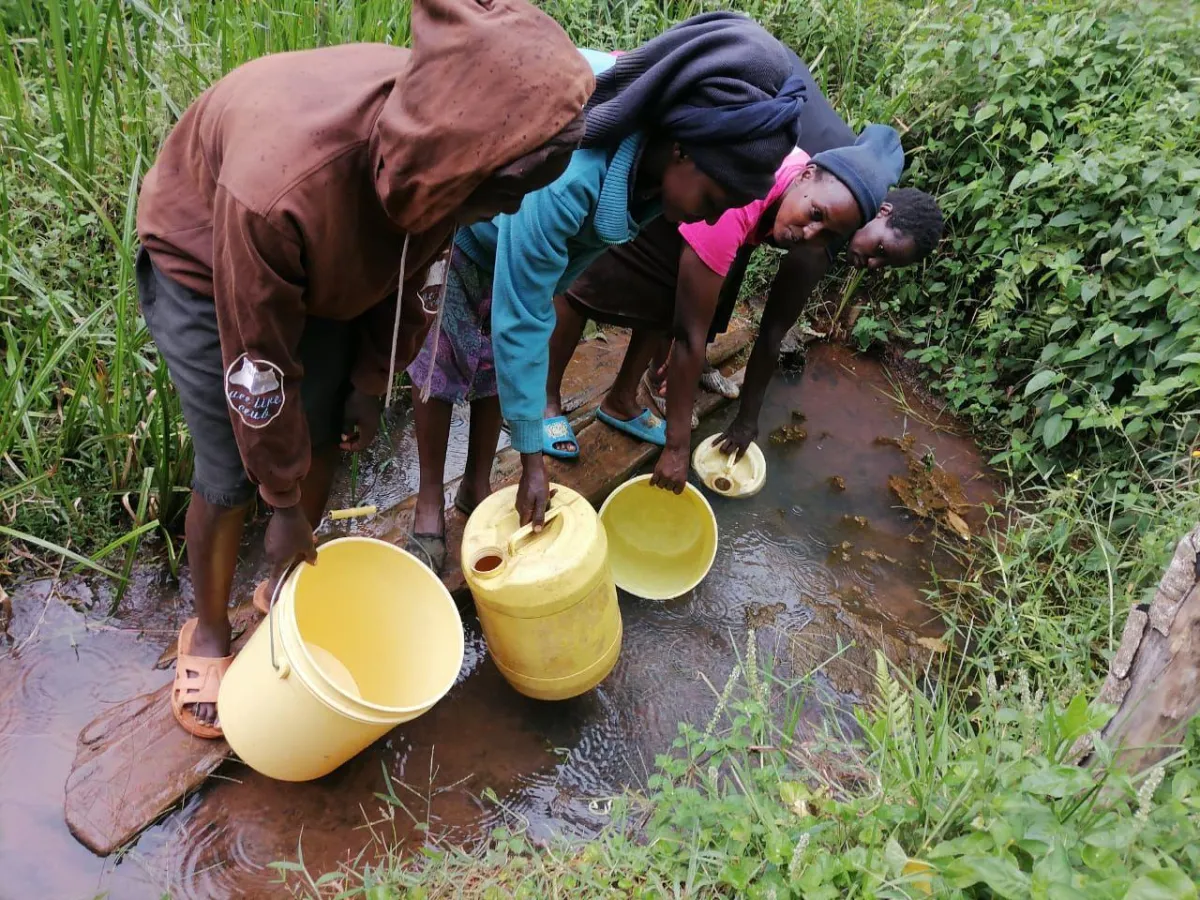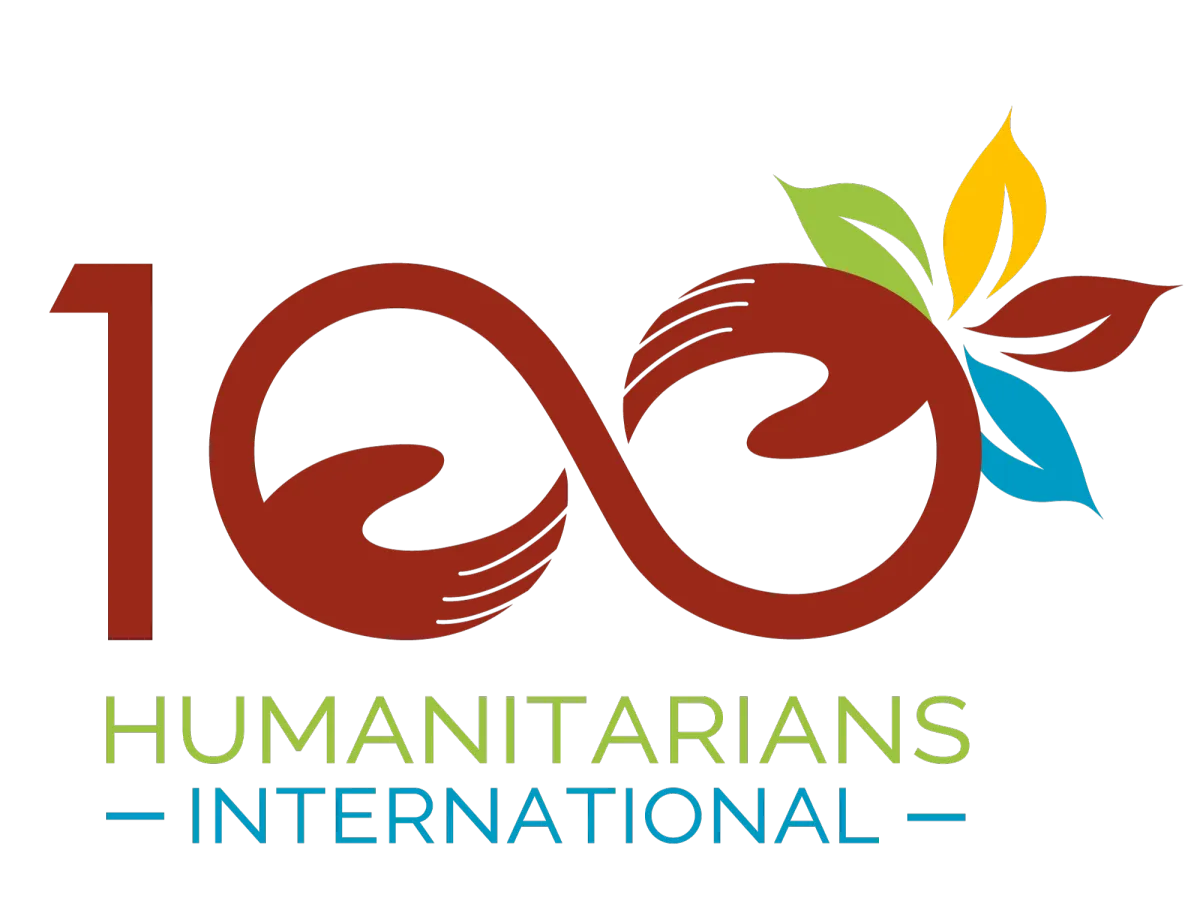The Role of Technology in Expanding Clean Water Access
Innovation in Action: The Role of Technology in Expanding Clean Water Access
Innovative Technologies for Clean Water Access in Rural Areas
Access to clean water is a fundamental human right, yet millions of people in rural areas around the world still face challenges in securing this essential resource. In
Kenya, clean water access is often limited by geographic, economic, and environmental factors. To address these challenges, innovative technologies are being used to expand clean water access and provide sustainable solutions for communities in need. 🌍
From rainwater capture systems to spring protection and borehole drilling, technology is playing a critical role in improving water management and ensuring that rural communities have reliable access to safe, clean water. These technological innovations are making a significant impact on the quality of life for countless families and paving the way for a healthier future. 🌿
Technological Solutions: Expanding Clean Water Access
The use of technology in expanding clean water access in rural Kenya is centered around several key solutions that address different aspects of water collection, protection, and distribution. 🌱
Rainwater Capture Systems: Rainwater harvesting is a simple yet effective method for collecting and storing rainwater, providing communities with an accessible and sustainable water source. Technological innovations, such as the use of large-capacity tanks and filtration systems, have made rainwater capture more efficient and reliable. These systems can store water during the rainy season, ensuring a steady supply during dry periods and reducing the burden on families who would otherwise have to travel long distances for water.
Spring Protection: Natural springs are an important water source for many rural communities, but they can be easily contaminated if not properly protected. Spring protection technology involves creating sealed collection chambers that keep the water clean and prevent contamination from surface runoff and other pollutants. By leveraging modern engineering techniques, communities are able to protect these valuable water sources, ensuring that they remain safe and accessible for everyday use.
Borehole Drilling: In areas where surface water is scarce, borehole drilling provides a reliable way to access groundwater. The use of advanced drilling equipment and solar-powered pumps has made it possible to reach deeper water tables and provide communities with a consistent supply of clean water. Solar-powered systems are particularly valuable in rural areas, as they are environmentally friendly and cost-effective, eliminating the need for costly fuel and reducing the environmental impact of water extraction.
These technological solutions are transforming the way communities access and manage their water resources, providing a foundation for improved health, well-being, and economic development. 💚

A Spring in Litein, Kenya
Community Impact: Transforming Lives with Technology
The impact of innovative technologies on clean water access can be seen in the stories of rural communities that have benefited from these solutions. 🌸
In the village of Nkareta, a new rainwater capture system was installed at the local school, providing students and teachers with access to clean water throughout the year. Before the system was installed, students often had to miss classes to collect water from a distant river. Now, with clean water available on-site, attendance has improved, and students are healthier and better able to focus on their studies. "This rainwater tank has changed our school," says Board Chair, Jacob Losikany. "The children are no longer getting sick from contaminated water, and they have more time to learn."
In another community, the spring protection project in Nkoilale has provided a reliable source of clean water for hundreds of families. By using modern construction techniques to protect the spring, the community has been able to reduce waterborne illnesses and improve overall health. "We used to worry about the safety of our water, especially during the rainy season," explains Ms. Lucy, a local resident. "Now, we know that the water is clean, and our children are no longer getting sick."
The use of solar-powered boreholes in the Maasai Mara region has also had a transformative impact. These boreholes provide water for both domestic use and livestock, reducing the need for long journeys to distant water sources and allowing families to focus on other important activities, such as farming and education. The introduction of solar technology has made these systems more sustainable and accessible, providing a lifeline for communities facing water scarcity. 💪
Future Potential: Advancing Clean Water Initiatives with Technology
The potential for further technological advancements to enhance clean water initiatives is immense, and ongoing efforts are being made to explore new and innovative solutions. 🌿
Remote Monitoring Systems: One area of potential growth is the use ofremote monitoring technologyto track water levels, usage, and system performance. By using sensors and data analytics, communities can better manage their water resources, identify issues before they become critical, and ensure that systems are functioning optimally.
Water Purification Technologies: Advances in water purification are also being explored to make clean water more accessible. Low-cost filtration systems and portable purification units could provide an additional layer of safety, ensuring that even the most remote communities have access to safe drinking water.
Community Training and Capacity Building: Technology alone is not enough—ensuring that communities have the knowledge and skills to operate and maintain these systems is key to their long-term success. Future initiatives will focus on providing training and building local capacity so that communities can take ownership of their water systems and ensure their sustainability.
The future of clean water access in rural Kenya lies in the continued integration of innovative technologies and the empowerment of communities to take charge of their water resources. By leveraging technology, we can create sustainable solutions that provide reliable access to clean water for all. 🌍
Leveraging Technology for Sustainable Clean Water Access
The role of technology in expanding clean water access in rural Kenya cannot be overstated. From rainwater capture systems to spring protection and
solar-powered boreholes, innovative solutions are transforming lives and providing a foundation for improved health and well-being. The ongoing efforts to leverage technology are ensuring that communities have reliable and sustainable access to clean water, paving the way for a brighter future.
By investing in technological advancements and empowering communities to manage their own water resources, we can continue to make progress toward the goal of universal clean water access. Together, we can create lasting change and improve the quality of life for families in need.
Support Clean Water Initiatives
Join us in supporting the use of technology to expand clean water access in rural Kenya. Your support can help fund innovative solutions that provide sustainable, reliable water for communities in need. Donate Today!
Get Involved with 100 Humanitarians
Each week, we send project updates to your inbox, so that you know exactly where your donations go.
We also keep you updated on volunteer opportunities and expeditions to Kenya.

We will not sell your information to anyone, and you can opt-out at any time.

100 Humanitarians International is a 501(c)(3) nonprofit recognized by the IRS, and all donations to 100 Humanitarians International are tax-deductible in accordance with IRS regulations. EIN #82-1048388
South Jordan, Utah
801-432-0105
